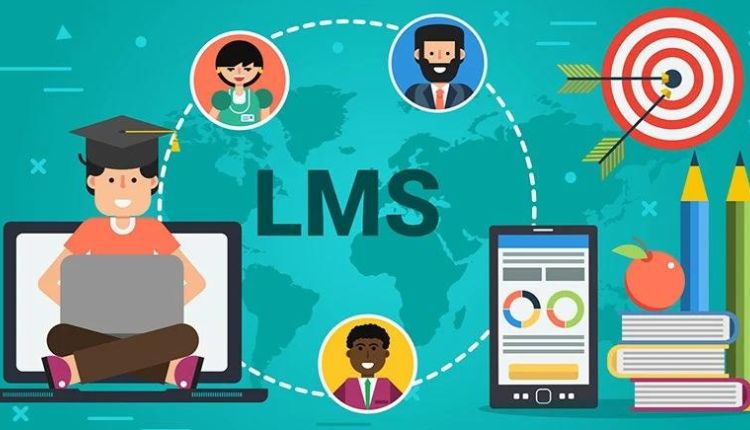In the 21st century, technology has made a significant impact on education, and one of the most popular technologies used in the education sector is the Learning Management System (LMS). An LMS is a software application that is designed to deliver, manage and track e-learning courses. In this article, we will explore the purpose of a school Learning Management System and how it can benefit the education system.
What is a School Learning Management System?
A School Learning Management System is an online platform that provides a virtual space for educational institutions to deliver online courses, provide educational materials and track student progress. The platform provides a centralized location for learning and provides a range of features that can enhance the learning experience, such as virtual classrooms, discussion forums, and online assessments.
What is the Purpose of a School Learning Management System?
The purpose of a School Learning Management System is to provide a digital platform for educators to deliver learning content and for students to access learning materials. The system allows students to access their learning materials from anywhere, at any time, which increases accessibility and flexibility. Additionally, an LMS provides several other benefits:
Improving Student Engagement: A school LMS can significantly improve student engagement by providing personalized learning experiences and interactive content. By tailoring the content to meet the needs of each student, the system can increase student motivation and help them to achieve better results.
Streamlining Administration: A School LMS can streamline administrative tasks such as grading and attendance tracking, which can free up more time for teaching and learning. This means that educators can focus on providing quality education to their students.
Enhancing Collaboration: An LMS platform can enhance collaboration between students and educators. The system can provide a range of collaborative tools such as discussion forums and virtual classrooms, which enable educators to communicate with their students and students to communicate with each other.
Improving Accessibility: A School LMS can improve accessibility by providing online learning materials that can be accessed from anywhere at any time. This means that students can study at their own pace and from a location that suits them.
Data-Driven Learning: An LMS platform can track student progress and provide valuable insights into how students are performing. This means that educators can tailor their teaching methods to meet the needs of each student, which can improve learning outcomes.
Key Features of a School Learning Management System
When choosing a School Learning Management System, there are several key features to consider:
User-Friendly Interface: The LMS platform should be easy to use for both educators and students.
ustomizable Learning Content: The system should allow educators to create their own courses and customize learning materials to meet the needs of their students.
Assessment and Grading Tools: The LMS platform should provide assessment and grading tools that allow educators to track student progress and provide feedback.
Collaboration and Communication Tools: The platform should provide communication and collaboration tools that allow educators and students to communicate in real-time.
Mobile Accessibility: The system should be accessible on mobile devices, which allows students to access learning materials on-the-go.
Conclusion
In conclusion, a School Learning Management System is an essential tool for the education sector. The system provides a digital platform for educators to deliver learning content and for students to access learning materials. An LMS can significantly improve student engagement, streamline administration, enhance collaboration, improve accessibility, and provide valuable insights into student progress. When choosing a School LMS, it is essential to consider key features such as a user-friendly interface, customizable learning content, assessment and grading tools, collaboration and communication tools, and mobile accessibility. By implementing a School LMS, educational institutions can provide quality education to their students and improve learning outcomes.

